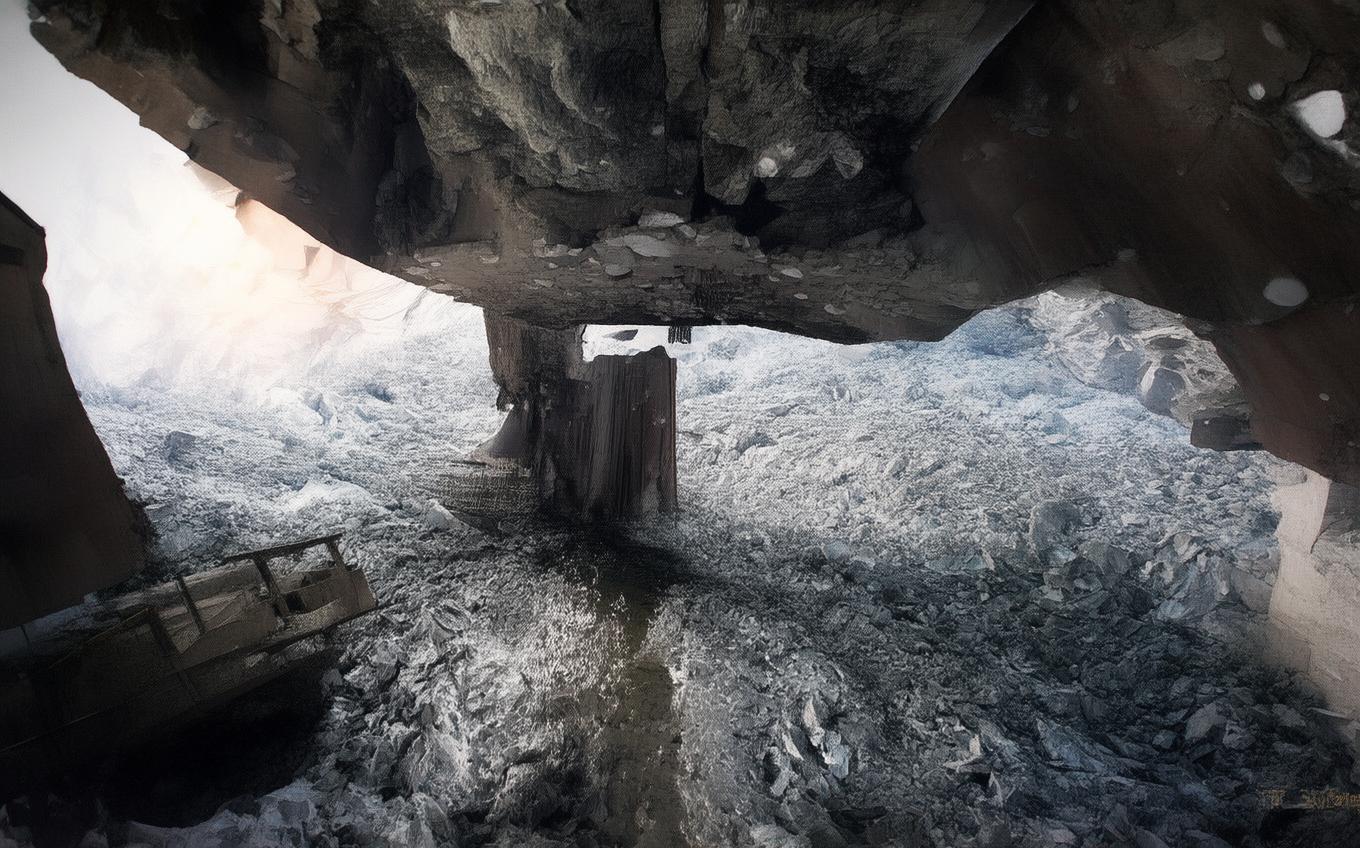Analysis of "寒食" - Classical Chinese Poetry
Introduction
The Cold Food Festival (寒食节, Hánshí Jié) was an important traditional Chinese holiday celebrated before the Qingming Festival, during which people abstained from lighting fires and ate only cold food. This custom originated from the legend of Jie Zitui, a loyal follower of Duke Wen of Jin during the Spring and Autumn period.
One of the most famous poems about this festival was written by Han Hong (韩翃), a mid-Tang Dynasty poet known for his concise yet evocative style. His "寒食" poem captures the essence of the festival while subtly commenting on imperial politics, making it a masterpiece of double meaning in classical Chinese poetry.
The Poem: Full Text and Translation
春城无处不飞花
Chūn chéng wú chù bù fēi huā
Spring capital - nowhere but flying flowers
寒食东风御柳斜
Hánshí dōngfēng yù liǔ xié
Cold Food east wind - royal willows slant
日暮汉宫传蜡烛
Rìmù Hàn gōng chuán làzhú
Sunset time - Han palace distributes candles
轻烟散入五侯家
Qīng yān sàn rù wǔ hóu jiā
Light smoke disperses into five marquises' homes
Line-by-Line Analysis
Line 1: The opening presents a vibrant spring scene in the capital city. The phrase "无处不飞花" (nowhere but flying flowers) creates a sense of overwhelming spring energy, with blossoms swirling everywhere. This establishes the seasonal setting while hinting at the festive atmosphere.
Line 2: The east wind (a spring wind) blows through the imperial willows, making them bend gracefully. The "royal willows" specifically refer to trees planted along palace avenues, subtly introducing the imperial theme. The slanting willows suggest both natural movement and perhaps political favor bending toward certain directions.
Line 3: At dusk, candles are distributed from the palace. This references a special privilege granted during Cold Food Festival - while common people couldn't light fires, the emperor would bestow candles to favored officials. The mention of "Han palace" uses historical reference (Han Dynasty) to comment on contemporary Tang practices.
Line 4: The light smoke from these candles disperses specifically to the homes of the "five marquises." This refers to five powerful families in Han Dynasty history who gained excessive favor, serving as a veiled critique of similar political favoritism in the poet's own time.
Themes and Symbolism
The poem operates on two levels: a beautiful surface depiction of spring festival scenes, and a deeper political commentary. Key themes include:
-
Nature's Cycle vs. Human Hierarchy: The natural imagery of spring contrasts with the artificial distribution of imperial favors.
-
Light and Privilege: The candles symbolize both the festival tradition and the special privileges granted to the powerful.
-
Historical Mirroring: By referencing Han Dynasty excesses, the poet comments on Tang Dynasty politics without direct criticism.
The "five marquises" serve as the central symbol, representing how political favoritism persists across dynasties despite changing times. The delicate smoke drifting into their homes visually represents how privilege subtly permeates society.
Cultural Context
During the Tang Dynasty (when this poem was written), the Cold Food Festival was a three-day period preceding Qingming when people honored ancestors and celebrated spring's arrival. The fire prohibition commemorated Jie Zitui, who was tragically burned to death in a forest after refusing to serve a different master.
Han Hong wrote during a period of Tang decline, when court eunuchs and certain aristocratic families held disproportionate power. The poem's brilliance lies in how it uses a seemingly innocuous festival scene to critique this political reality. The emperor's candle distribution, while part of authentic tradition, becomes a metaphor for the unfair distribution of favors to the powerful few.
This poem became particularly famous when Emperor Dezong of Tang read it and specifically appointed Han Hong to an important position, perhaps recognizing the poem's clever commentary on governance.
Conclusion
Han Hong's "寒食" exemplifies the sophistication of classical Chinese poetry - where beautiful natural imagery carries profound social commentary. The poem's enduring appeal lies in its dual nature: a delightful spring scene that also serves as timeless observation about power and privilege.
Today, the poem remains relevant as we consider how traditions intersect with politics, and how privilege continues to flow to certain "houses" in our own societies. Its subtle critique reminds us that poetry has always been more than just beautiful words - it can be a mirror held up to society, even when wrapped in the delicate imagery of flying blossoms and drifting smoke.




Comments (0)
No comments yet. Be the first to comment!